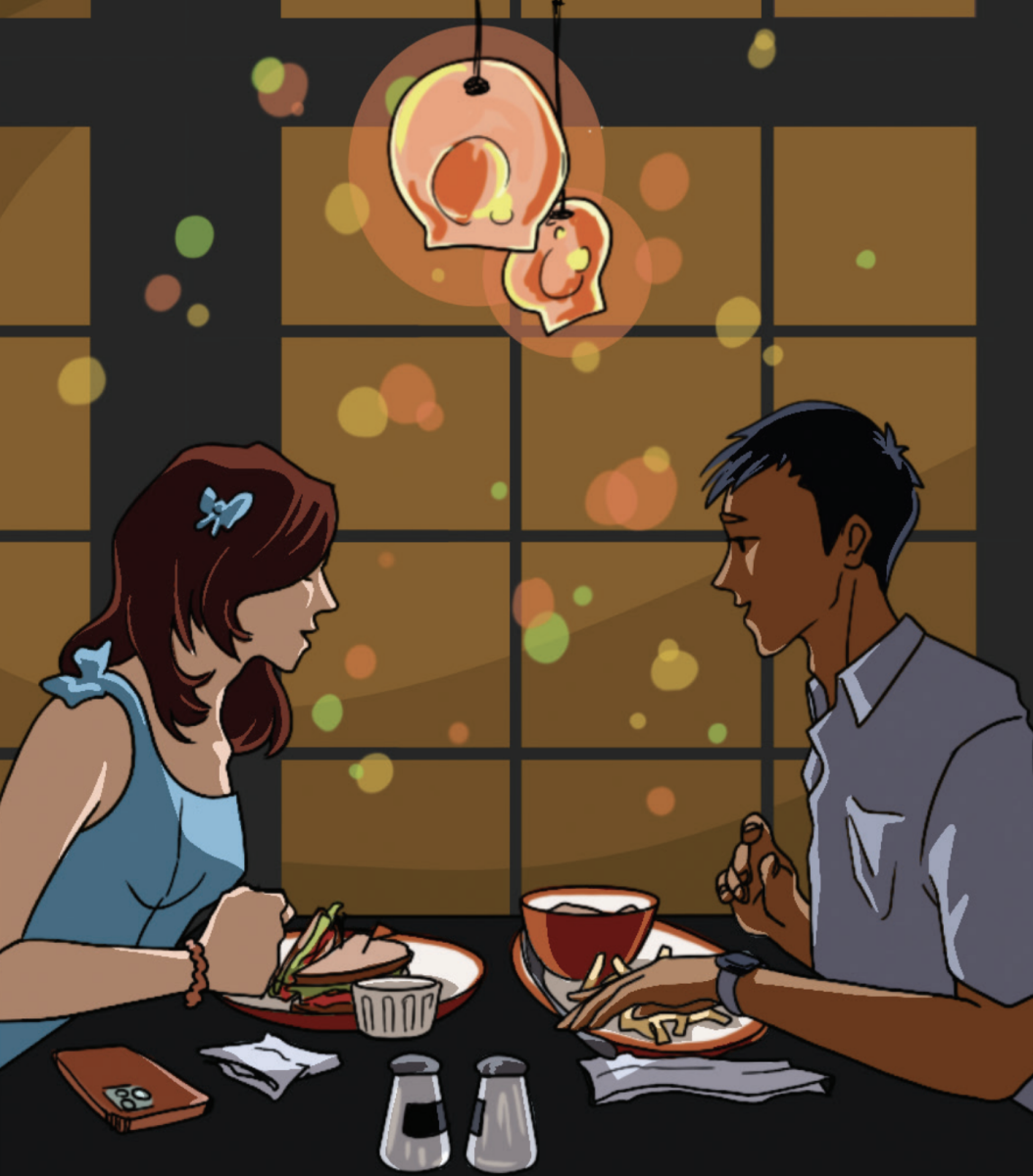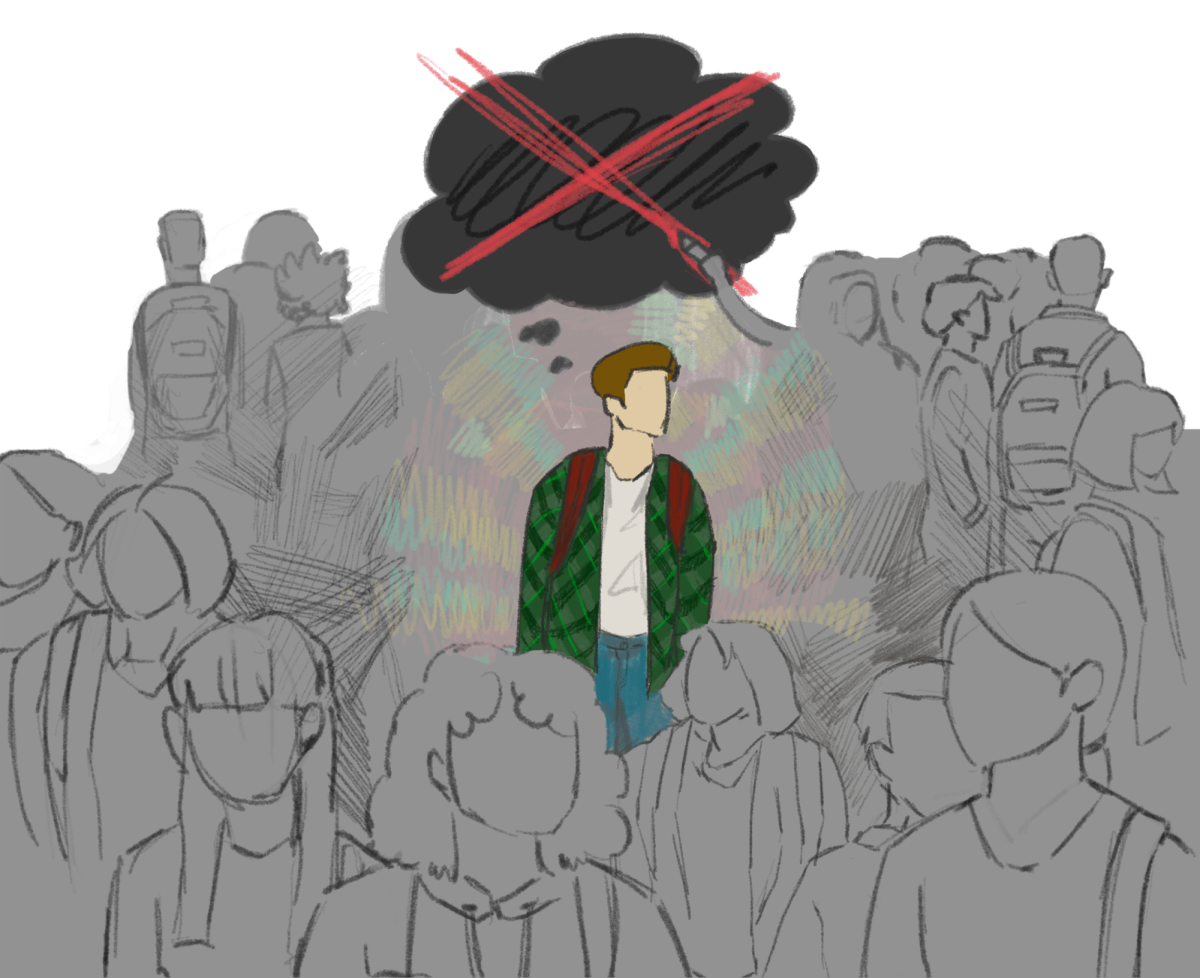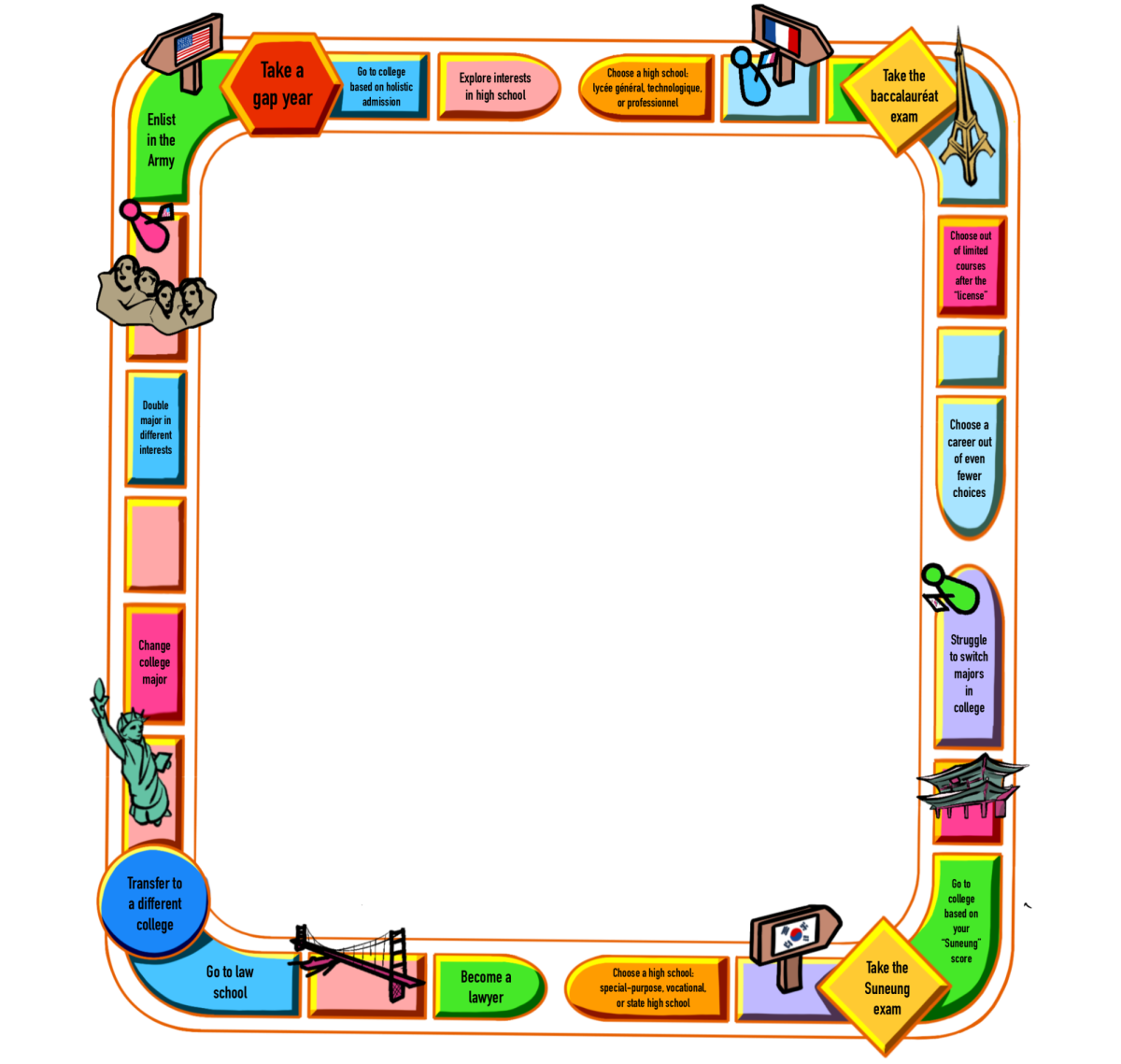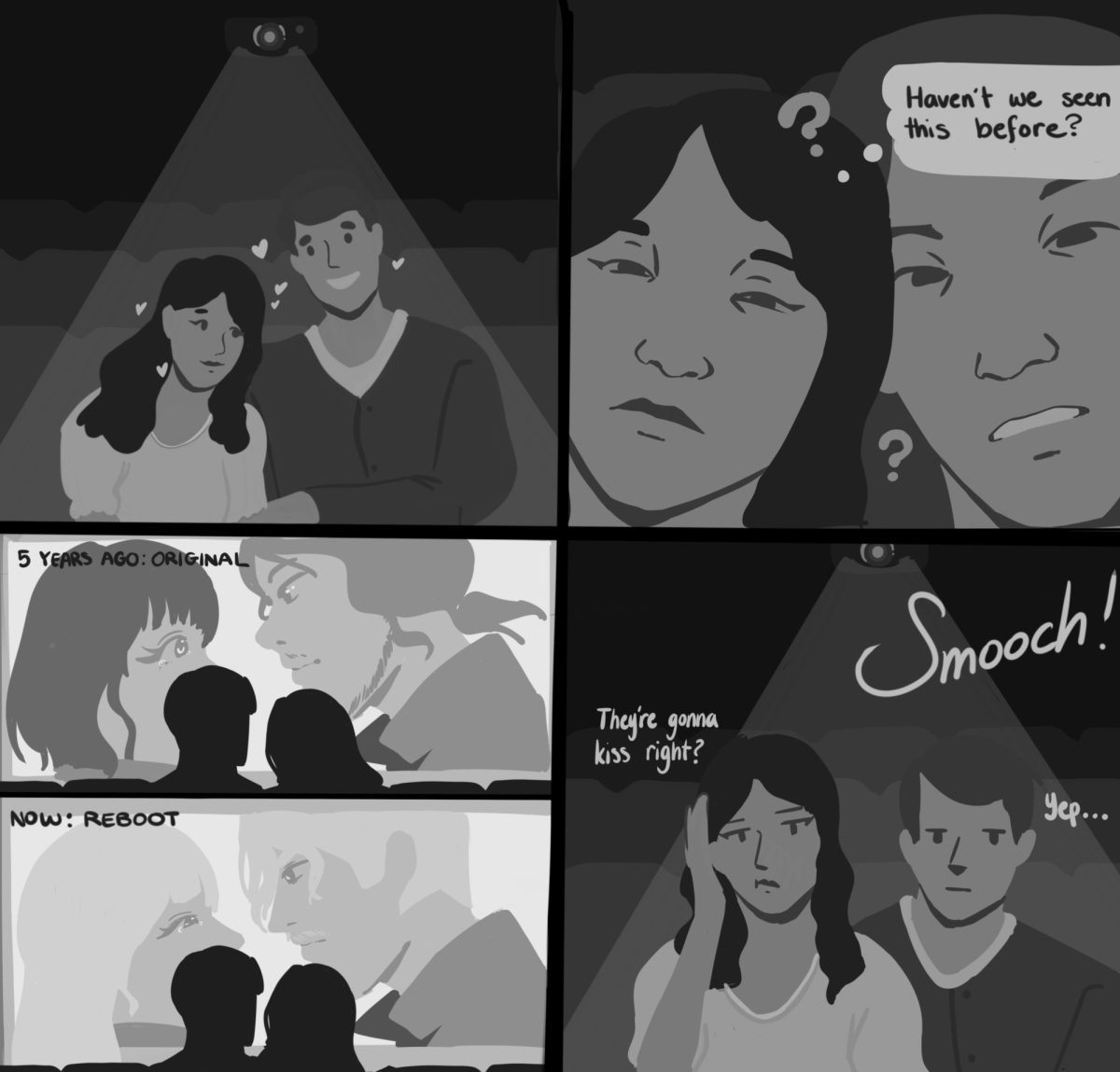Written by Noa Rapoport
It is undeniable that people of the 21st century still use slurs that degrade and put down others. A slur is an insinuation or allegation about someone that is likely to insult them in some way. Words like “whore,” “slut” and “retarded” are not used any less now than they were before, and many are starting to believe that using these words is acceptable in colloquial terms. Due to the growing popularity of social media, the slurs are not only communicated verbally, but are also written on sites and used in pop culture.
Slurs have started to become more normalized in society due to their frequent usage in rap songs and on social media. Thousands of rappers throughout the world use slurs such as the N-word in their songs. The pejorative term is deeply embedded in American history, as it was used to dehumanize black slaves and distinguish them from their white masters.
On the week of March 24, four of Billboard’s Top Ten hot rap songs used the N-word: “Stir Fry,” “Ric Flair Drip,” “Look Alive” and “King’s Dead.” is usage has created a huge effect, causing the fanbases of these rappers to use the words more frequently. Many fans still worship the rappers and believe that since the rappers are singing these words, it is okay for them to sing the words as well. e rappers’ influence creates a chain effect, and soon thousands of kids are singing these words without realizing or caring about the true meaning of what they are singing. Little by little, the word becomes standardized, making its usage prevalent in day-to-day life.
In 2017, sorority girls attending the University of New Hampshire were caught in a huge scandal after a video of them singing along to the N-word in Kanye West’s “Gold Digger” song surfaced on the Internet. The scandal received a great deal of news coverage, and many were offended and shocked at how casually the word was used. Many, however, were also confused as to why people reacted so strongly. Such instances are common, and for many it wasn’t a surprise to see the sorority girls singing the N-word. YouTube star Pewdiepie was caught in a similar controversy when he yelled the N-word in a gaming livestream. Many were upset, but many also defended the gamer, claiming that it had accidentally slipped out. If this pattern continues, kids 20 years from now will be saying these words everyday, as if they were completely acceptable to say. The usage will become much more frequent, therefore affecting the targets of these slurs even more. The use of social media has also increased the use of the N-word. It is not uncommon to scroll through Instagram and see “my Nibba” playfully used in the comments section. While the two “g”s are often times replaced with the red “B” emoji in “N—er,” it does not replace the meaning of the racially demeaning word.
The use of slurs has also resulted in many students feeling unsafe or personally victimized in schools. Slurs like “gay” or “faggot” are extremely offensive and are used to hurt people by attacking pieces of their identity. “Faggot” has been posted more than 38 million times on Twitter in the past six years, and “gay” has been posted more than 12 million times. The slurs connotation implies that being gay is wrong and can make someone feel inferior and unsafe in school. It stops students from expressing themselves by forcing them to shield themselves and their personalities in order to not get insulted. If a person who is gay grows up hearing negative connotations attributed to the word, they will ultimately believe that this reflects on them as a person, leading them to feel worthless and unliked. This is the opposite of the environment that schools should strive to create, and fosters an unsafe place where students are unable to express themselves.
Similarly, words like “slut,” “whore,” “thot” and “ho,” used to victimize girls by making them feel that they cannot act a certain way, have a negative impact. Many people use offensive words such as “slut” and “ho” as an insult to degrade women who sleep around and enjoy having sex. This ultimately paints female sexuality as shameful and as something that should be hidden or repressed. Slut-shaming can have huge repercussions, and can leave many girls feeling as if they are worthless. These words are commonly used, and many girls feel that they cannot be with someone without being called a “slut” or a “ho.” In a study done in 2014, it was shown that 35 percent of the tweets that said “slut” or “whore” were used in a casual context, such as one saying, “If I was pretty and skinny I would be such a whore, oh my god.” This calls out the female population, and, similarly to the usage of the word “gay,” stops girls from being able to be comfortable and confident.
In order to stop the common usage of slurs, more awareness needs to be shed on them. Many use the words without realizing the true effect the words have on other people. The process of normalizing slurs needs to end, and everyone can and should work together to achieve this goal for a safe, inclusive environment.











